Inventions, that may revolutionize the World!

These few inventions could have a serious impact to make life better for many million people.
1. The cheapest microscope of the world
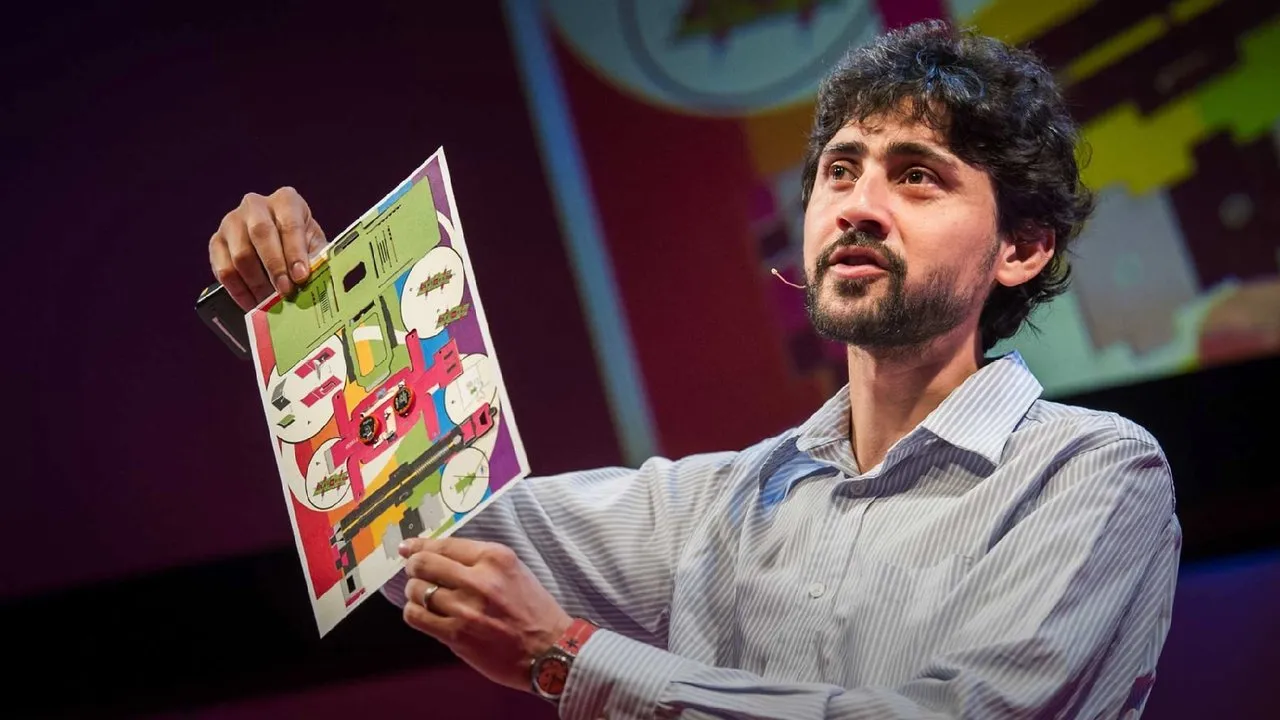
The Indian Engineer Manu Prakash has invented the cheapest microscope of the world. It could revolutionize the diagnosis of inflectional diseases. It weights only 9 gram and consists of a foldable carton paper, plastic micro lenses with up to 2000 times enlargement and a LED that spends light for up to 50 hours. The total amount for the components cost less than a dollar!
2. The Solar-Fridge
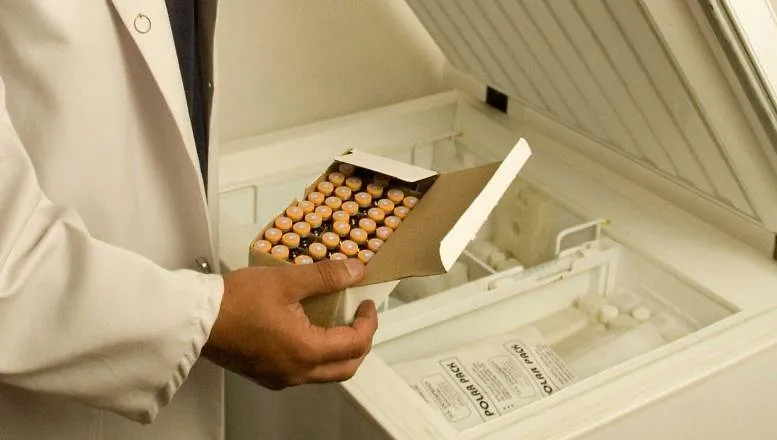
Electricity is in many tropical areas not a naturalness. Up to 50 percent of the food need to be disposed because of lacking cooling technology. Also medicals like vaccines need to be permanently cooled. With the project "SolarChill", a solar powered fridge has been developed. The fridge provides cold up to 10 days after a power failure.
3. The Drinkable Book
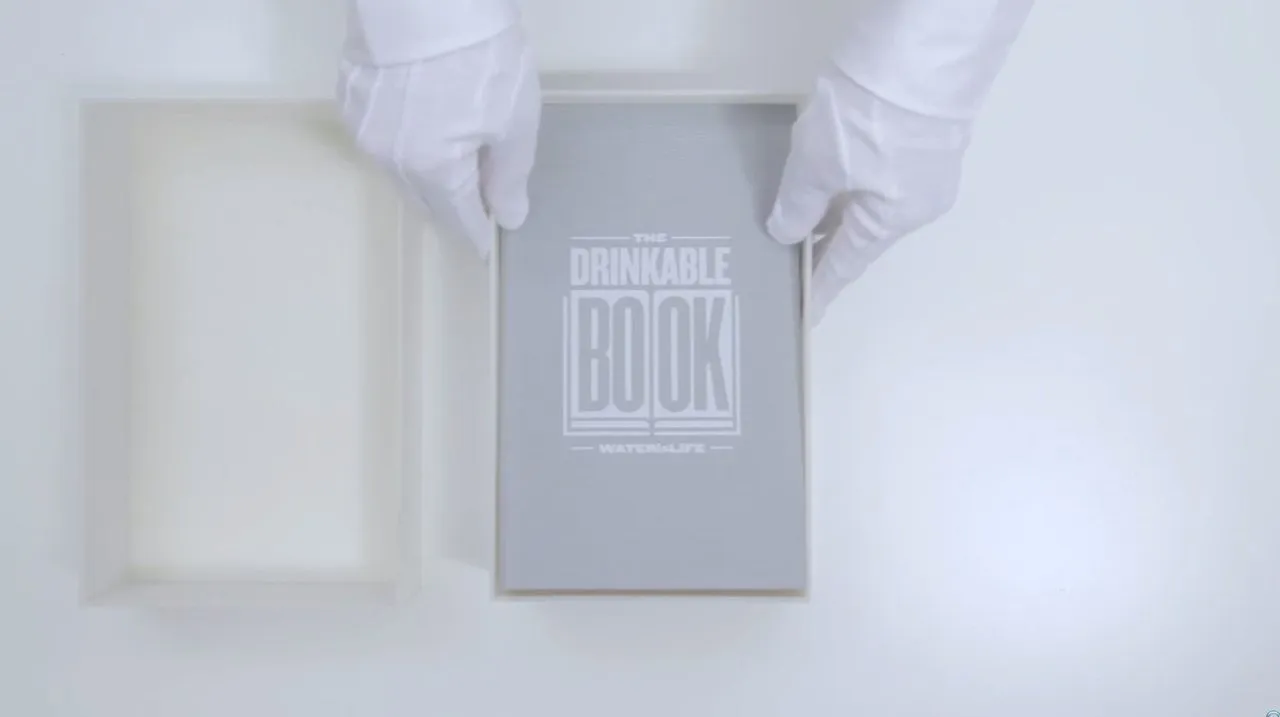
One tenth of the world population has no access to fresh drinking water. 3,4 million people are dying every year because of this. Theresa Dankovich from the University of Virginia has invented a unconventional water filter. It is a book which pages consist of somewhat like blotting paper that are cleaning the dirty water and converting it into drinking water. The unique about this project is, that it is that simple.
4. The cheapest prosthesis
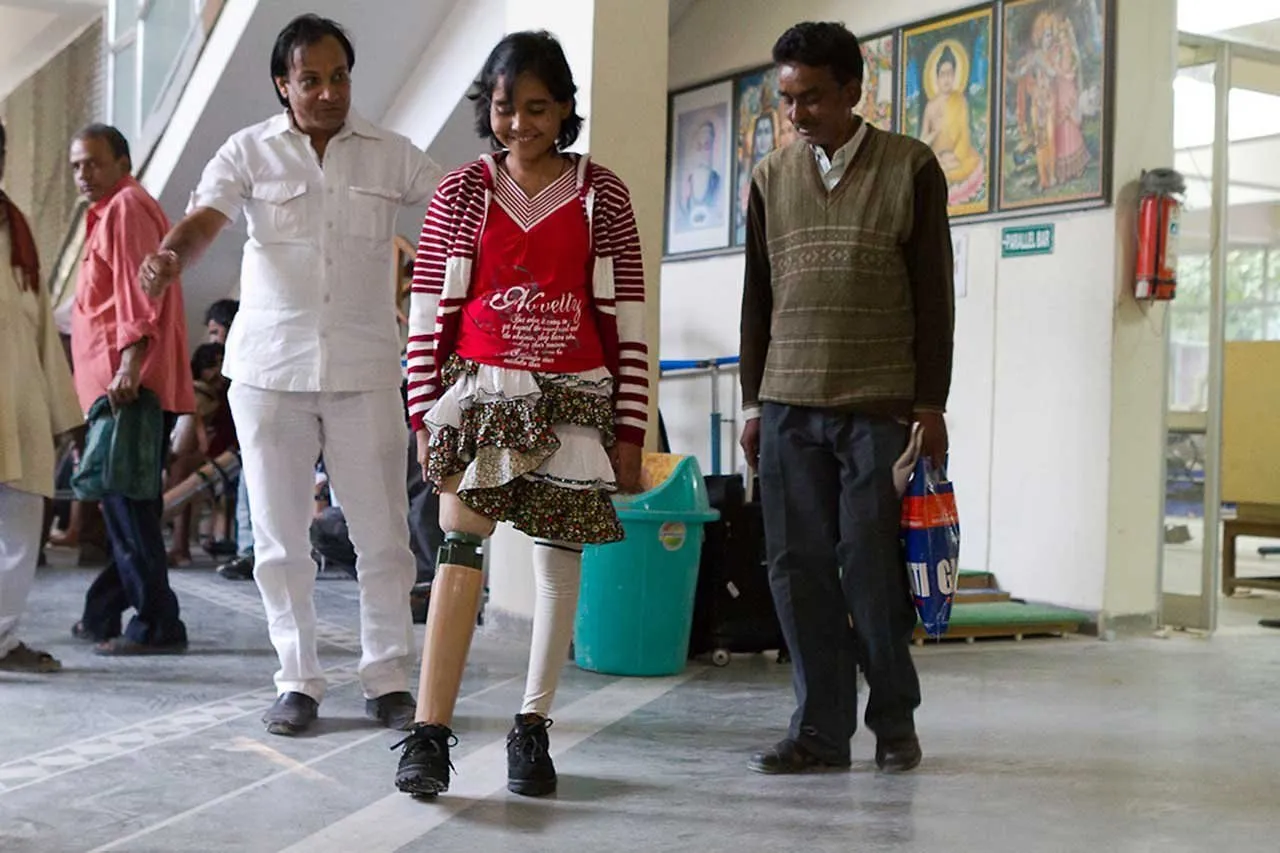
The organization D-Rev has developed a knee prosthesis named "ReMotion", it costs only 80 dollar. For comparison: In the USA, a prothesis of this kind, can cost up to 20000 dollars. 3D print techniques enable the fast and profitable building of prostheses. So far, 6000 artificial joints has been delivered by the small nonprofit company. They were shipped to Africa, Asia and Southamerica.
5. The Water Battery
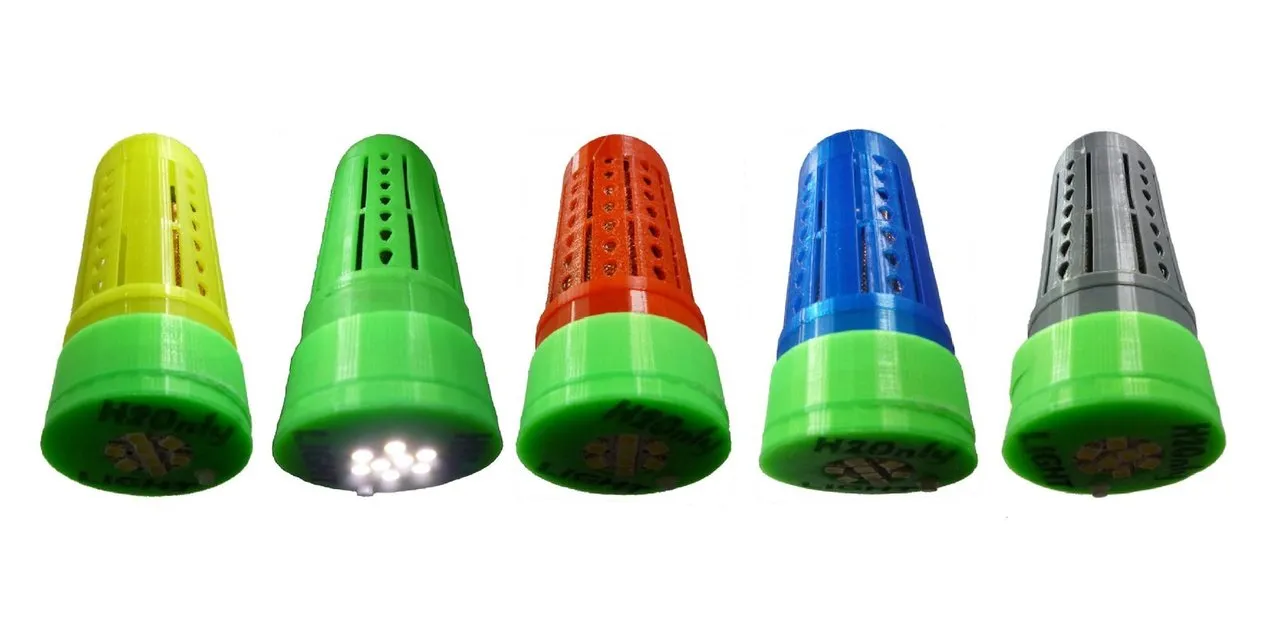
The greek inventors George Vilanakis and Chris Papadakis have worked 6 years on a battery, that spends electricity if you wet the battery. Water or other fluids function as a conductor and start the necessary reactions for the power generation. "Our battery delivers total flexibility", so Papadakis. "You wet the battery, charge your phone and use it as a lamp afterwards. It could serve as a light spender or a phone charger in Africa or other third world countries.
6. Recognition of Malaria through a small gadget
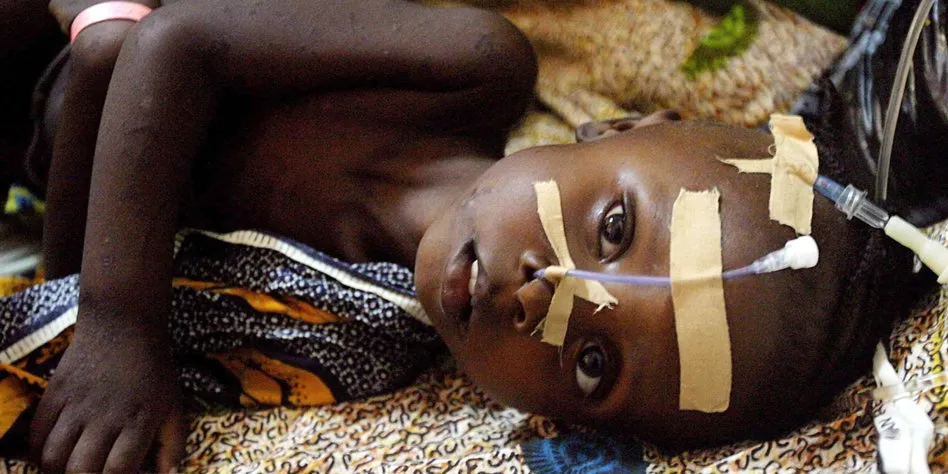
Every minute a child dies because of Malaria in Africa. In fact, the tropic disease is easy to tread if it becomes recognized in the early stages. The American John Lewandowski together with his brother, from the Massachusetts Institute of Technology has developed a reliable test to spot the disease. The small box only costs 250€ and has the size of a watch.
One big invention is left out here, it is the blockchain technology with its smart contracts. How will it affect the war in saving the planet? Is there a known way to make use of the technology and help billions of people? Feel free to discuss!
Thanks for reading!
Greetings @ddot
